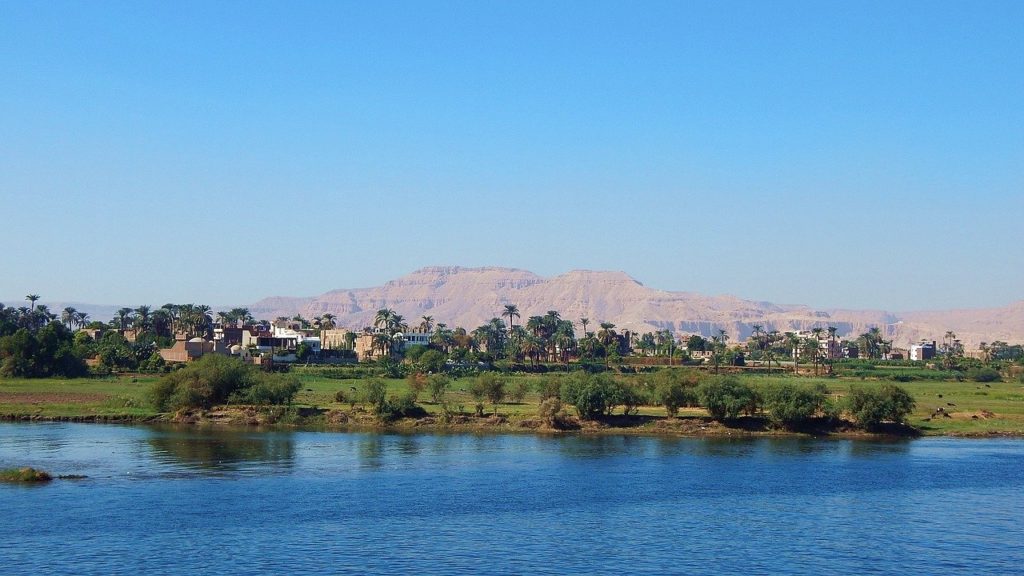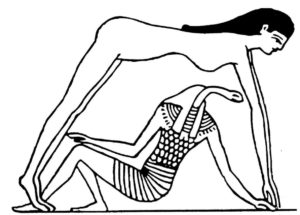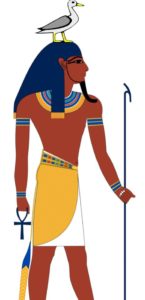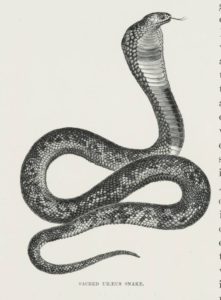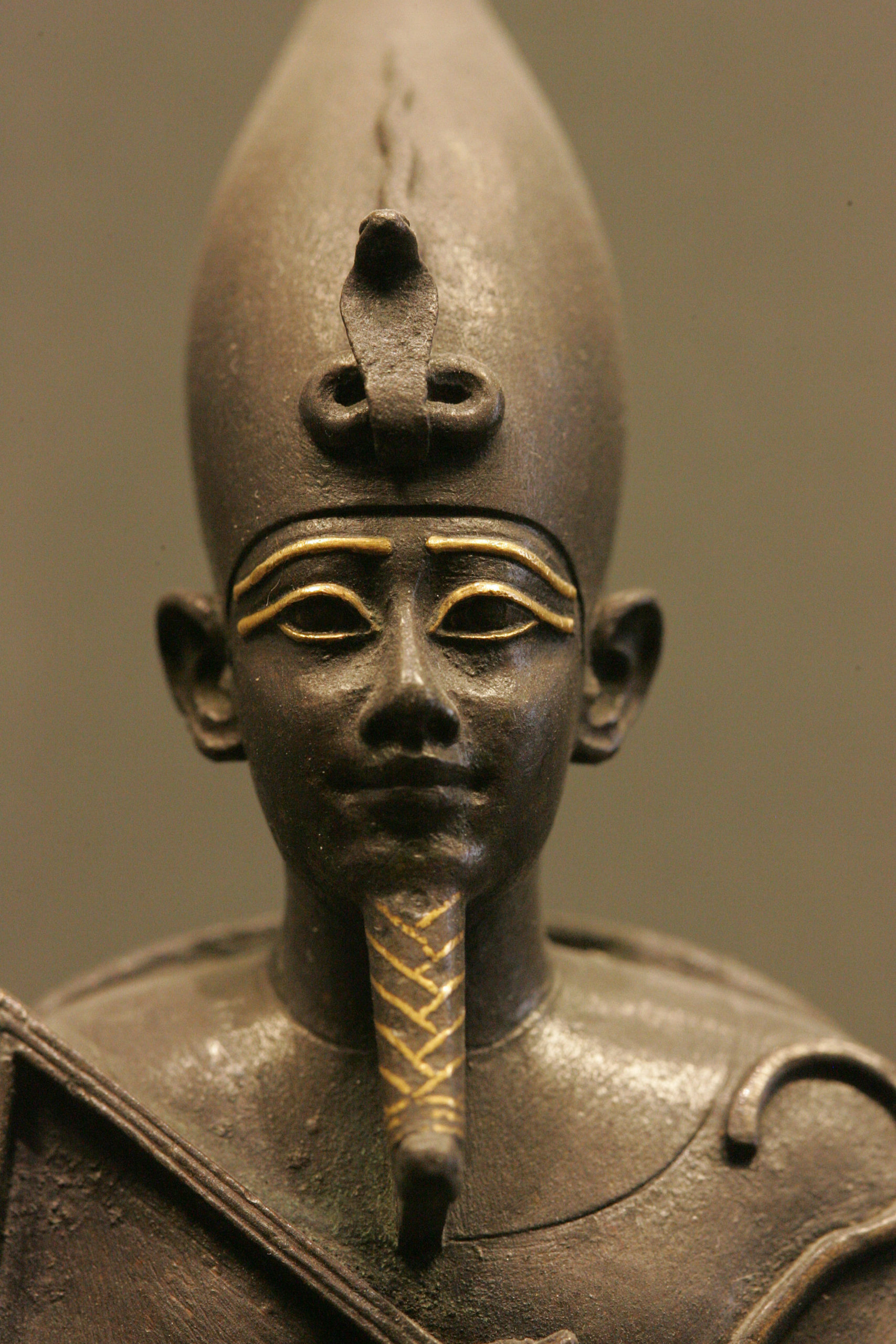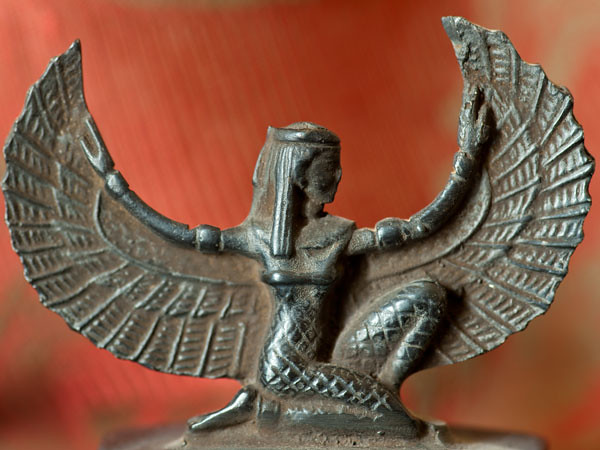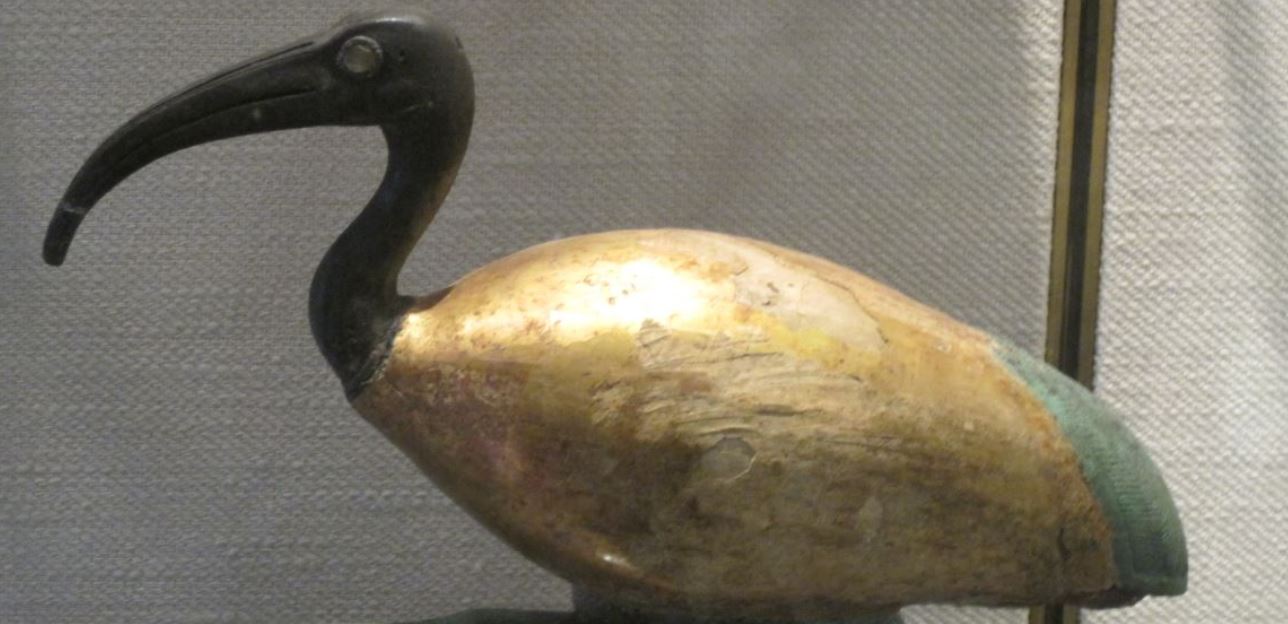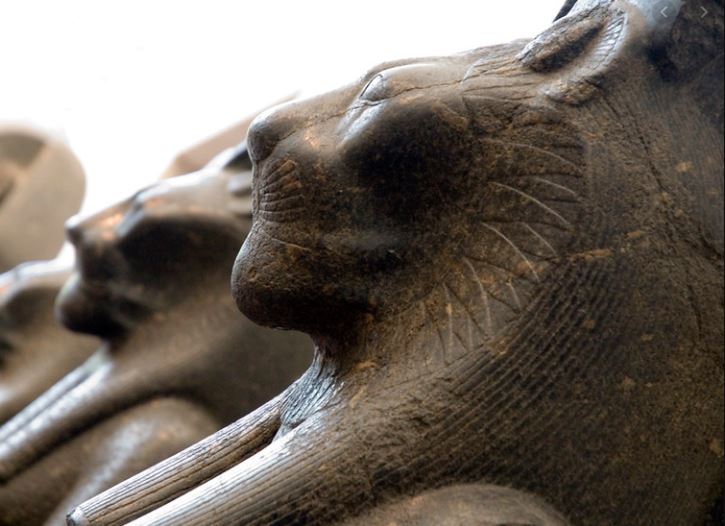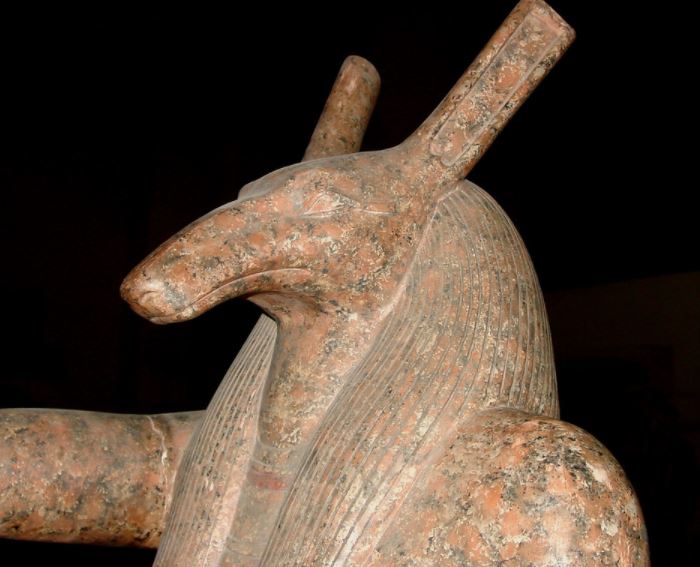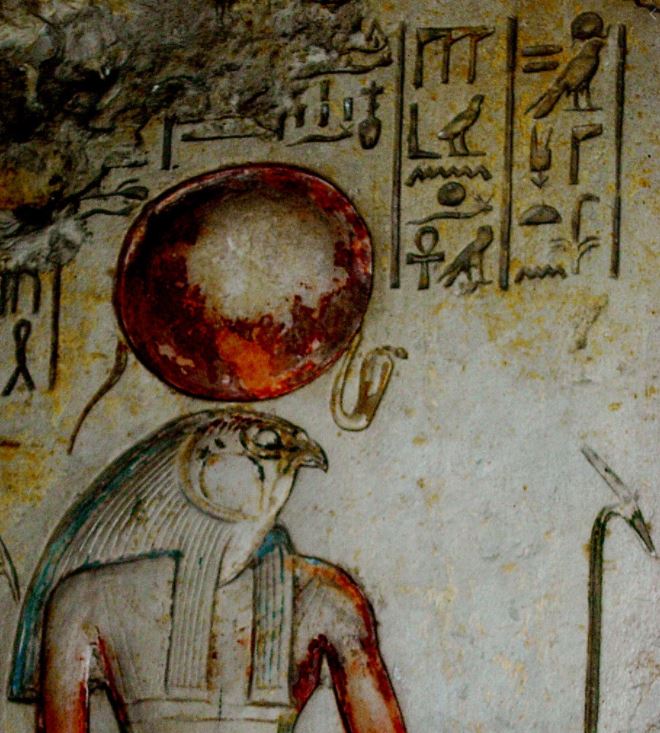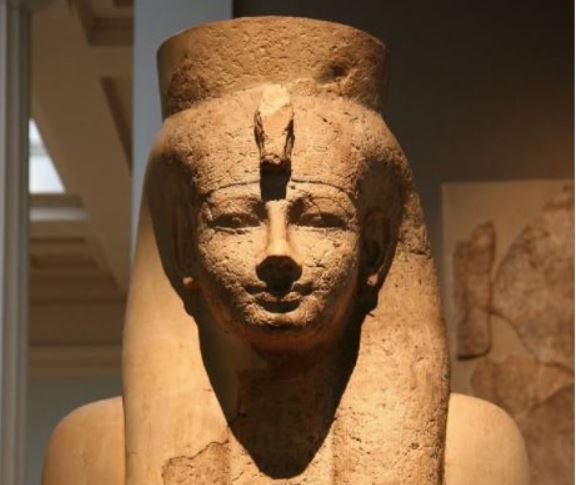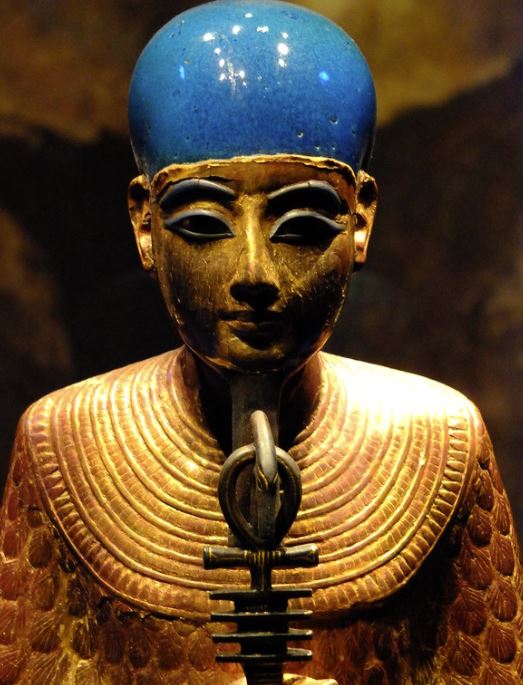The Egyptian God Geb, God of Earth
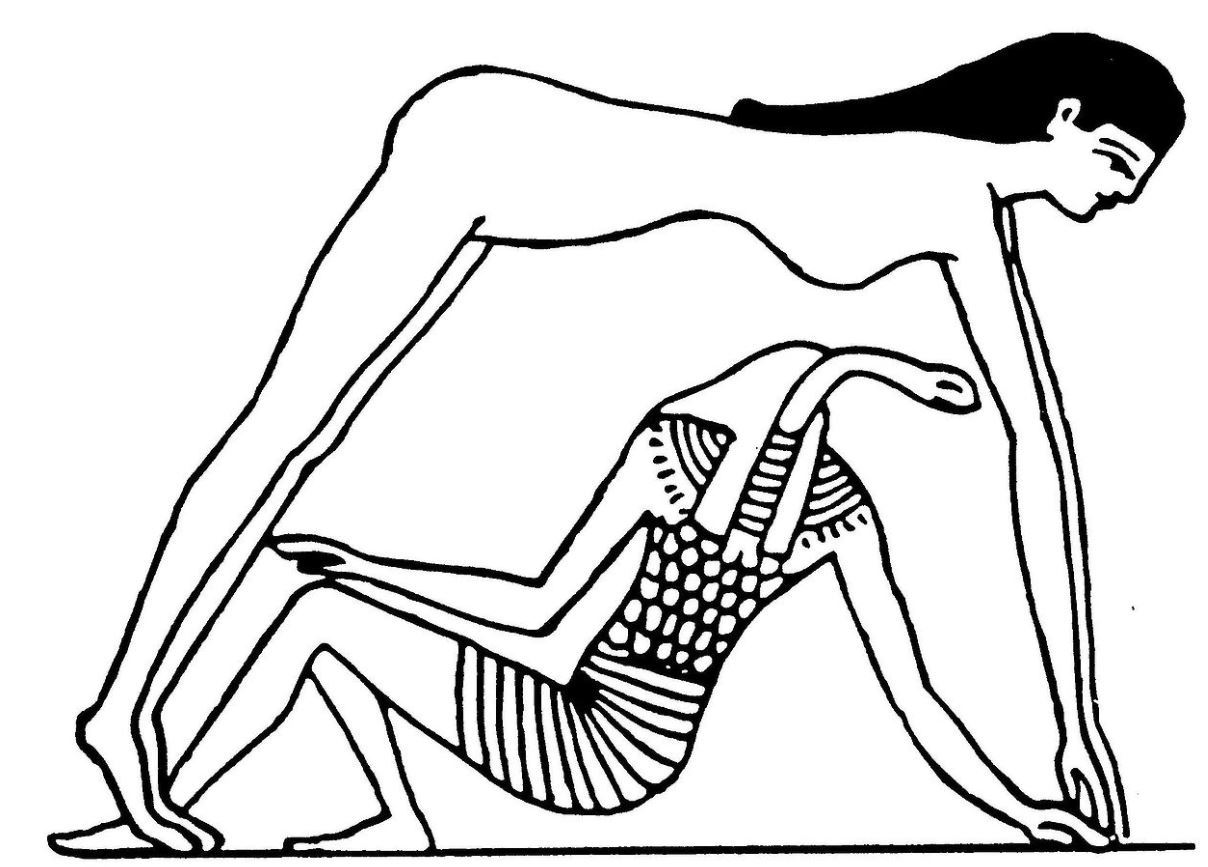
From the many deities that populated the ancient cultures of the world, the role of the god of the earth was a common denominator in almost every pantheon.
We are going to discuss the importance of Geb the Egyptian god of earth and how his role in the pantheon, as well as the relationships with the other deities such as Nut, the Egyptian goddess of the sky.
What is Geb the god of?
The Egyptian god Geb is the god of earth.
He was represented both as a severe god that punished ancient Egypt with their vast deserts and a giving deity that granted fertile lands for crops near the Nile river.
Nile river in Egypt
The Egyptian god Geb meaning of his name
The name of the Egyptian god Geb is a contradiction in itself. While his name means “the weak one” or the “lame one”, the truth is, he is considered one of the more powerful gods of the ancient Egyptian pantheon.
In society, the Egyptian god Geb was invoked in many different situations. As the god of the earth, he was worshipped by their believers to bless them with great harvest and crops.
The origin of Geb god of earth
To learn about the origin of this god, we need to know that, just like her sister Nut, the goddess of the sky, Geb’s parents were Shu and Tefnut.
Both Geb and Nut were husband and wife, and their love was such, that it was believed that they lived in a perpetual embrace.
Despite their father, Shu, separating the two beings, Geb and Nut still had children of their own. Their children were Osiris, Isis, Seth, and Nephthys.
However, over time, Geb also chose to father and raise the god Horus as one of his own, though the two were not related.
Even when their parents were Shu and Tefnut, the four of them (indirectly Geb and Nut too) were created by the overall Egyptian creator, Atum, which later will be known as the Egyptian god Ra.
Atum is considered a being, both male and female, being able to create life himself without much help from anyone else.
Atum is the light within the chaos that Nun possesses. Nun is endless, murky water of nothingness and despair.
Once Atum created light, he then made the air god Shu and the goddess in control of moisture, Tefnut. From there the two created Geb and Nut.
History of the Egyptian god Geb and his myths
Geb god of earth is a deity with various legends and stories regarding his distinctive origin.
However, many perceive him as a good god to love and praise while blessing the land’s harvest and the people who inhabit it.
The separation of Geb and Nut
One legend states that Geb fell in love with his sister Nut, the goddess of the sky. Their father, Shu was displeased with the sibling interest and separated the two forever.
That separation actually devastated Geb. It is said that his tears filled the oceans and seas, thus creating Earth.
The separation of the sky (Nut) from the earth (Geb) using air (Shu) had a deep etiological meaning for ancient Egyptians: it explained the actual order of the world, with the sky above, the earth below, and the air between them.
Geb and Nut Egyptian Gods
The battle between Horus and Set
Another legend states that Geb god of earth had to stop his two sons from fighting over the control of Egypt. Horus and Set wanted Egypt to control and govern.
However, Geb was bitten by uraeus the snake, making him ill with fever. After Ra healed the god of earth, he decided to abdicate his throne in two parts. One for Horus, who will become the ruler of the north, and the other one for Set, who would rule the south.
Geb Egyptian god powers
The Egyptian god Geb possessed strength and impregnable power regarding the land and maintaining habitable life.
In ancient Egypt, it was told that Geb’s powers created crops and fruition on earth. This also helped feed the livestock, people, children, and other living creatures in Egypt. However, this isn’t the only power he possessed.
The Egyptian god Geb was also feared as the father of snakes. In ancient texts, he was described as the father of mythological snake Nehebkau.
He was also known for setting the dead free from their tombs or imprisoning those that were not worthy to fertile his divine fields. He had incredible powers that were feared by those that did not meet his standards of quality living.
Symbology of Geb god of earth
As with other deities, we will analyze Geb’s symbology. The two main symbols that we will find referring to this god are the goose and the snakes
Geb Egyptian god symbol: the goose
The main symbol the Geb is portrayed as the goose. This symbol comes from one of his legends, in which it is said that Geb laid the egg that contained the sun, so it is not rare to find pictures of the Egyptian god of earth with a goose on his crown.
Apart from that, the name Geb written with hieroglyphics includes the symbol of the goose, reinforcing this symbol.
Geb Egyptian god symbol: the snakes
As we stated before, Geb was bitten by the snake uraeus, and because of this fact, sometimes we can find this god depicted as a man with a snakehead.
An image of uraeus, the snake who bit Geb god of Egypt
Facts about Geb the Egyptian god of earth
In Greek and Egyptian mythology, both Geb and Cronus share a similar position.
In many different locations, researchers have found that Geb was depicted as a man with the attributes of the Greek god Cronus and vice-versa.
Also, there was a saying in ancient Egypt. Some believed that Geb was powerful on earth, creating earthquakes with simple laughter or inhospitable deserts that isolated Egypt from the rest of civilization
Even though that power, he is considered of the sweetest and kind-hearted god ancient Egyptians and others looked up to and worshiped.

